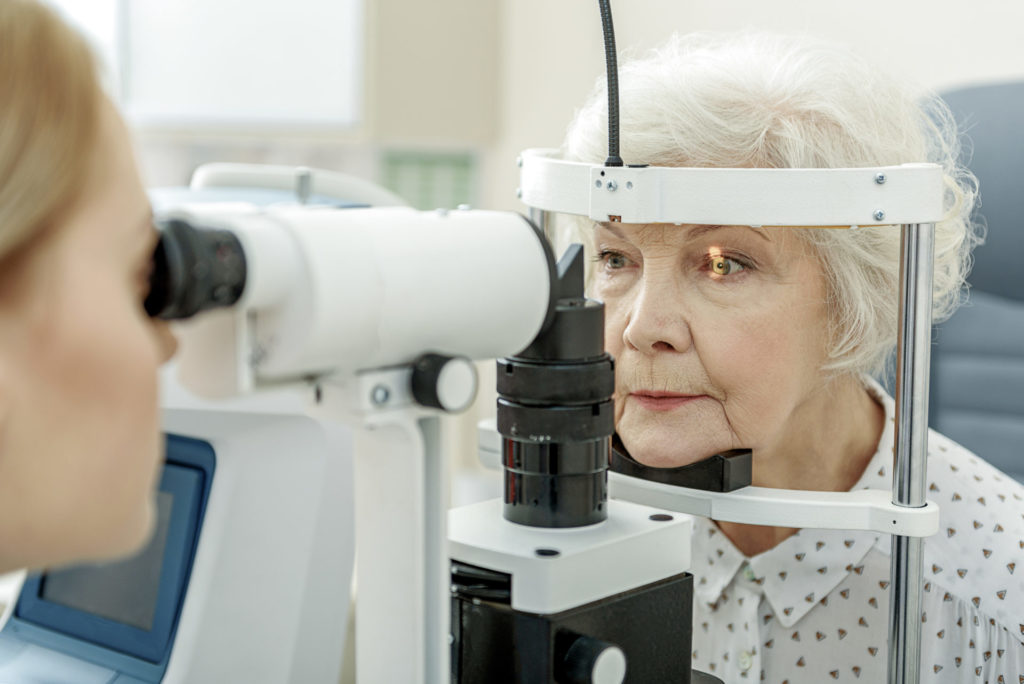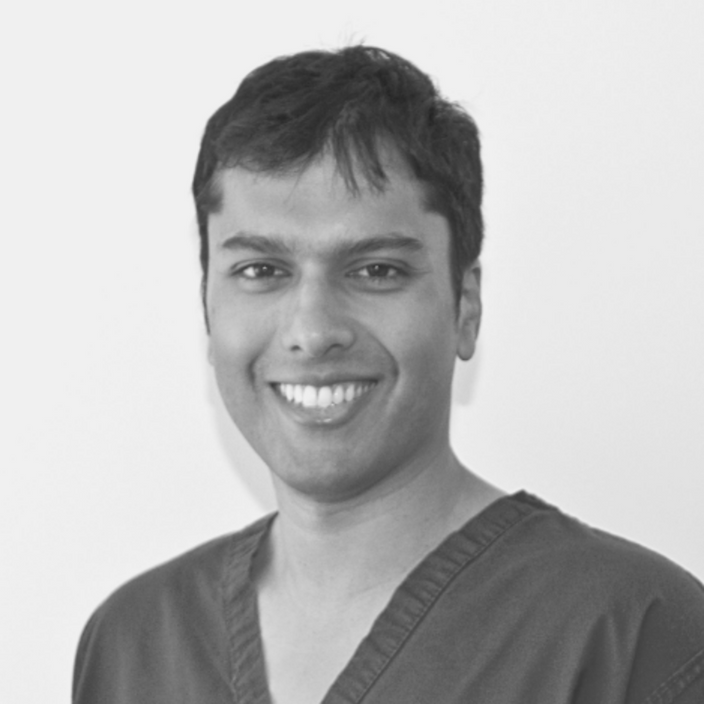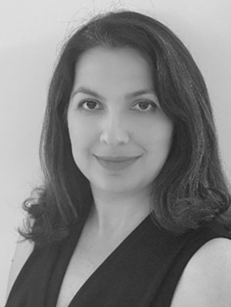Introduction
Good vision allows us to enjoy life to the full, but often as we get older, many of us will experience eyesight problems related to natural degeneration and disease.
Your vision specialist will examine your eyes and discuss and assess your individual needs in order to help decide on the best course of treatment for you.

Ready to book now? Get in touch to discuss your needs and decide on the best course of treatment for you.
Ready to book now? Get in touch to discuss your needs and decide on the best course of treatment for you.
Cataracts
A cataract is a gradual, painless clouding of the lens within your eye – most common in people over the age of 60. They can develop in one or both eyes.
For people who have cataracts, vision will progressively deteriorate if not treated. This means that over time, vision will become increasingly blurred – a similar effect to looking through frosted or dirty glass. Even an early cataract could affect everyday tasks such as driving and reading.
In the worst cases, it can cause blindness as the cloudy patches become bigger.
Short-sightedness, long-sightedness, astigmatism and presbyopia
Different people will experience different eye problems, and these become more common as we get older.
Short-sightedness, or myopia, causes distant objects to appear blurred, while close objects can be seen clearly.
Long-sightedness, or hyperopia, causes nearby objects to appear blurred, while conversely distant objects can be seen more clearly.
Presbyopia is long-sightedness, causing the need for reading glasses.
Astigmatism can cause distant and close objects to seem blurred and is caused if the eye is egg-shaped rather than round.
Treatment may be possible for all of these conditions with Laser Eye Surgery.
Glaucoma
Glaucoma is an eye condition where your optic nerve is damaged, often caused by increased pressure in your eye. Vision loss due to glaucoma cannot be recovered, and glaucoma is one of the leading causes of blindness for people over the age of 60 –although it can occur less frequently at an earlier age.

Age-related macular degeneration (AMD)
Age-related macular degeneration (AMD) is a common condition that affects the middle part of your vision, causing blurring or a blind-spot. The macula is in the part of the retina responsible for this central vision.
Age-related macular degeneration rarely causes complete blindness, but can make activities like reading and recognising faces difficult. It usually first affects people in their 50s and 60s.
Without treatment, your vision may get worse. This can happen gradually over several years with ‘dry’ AMD, or more quickly over weeks or months if it progresses to ‘wet’ AMD. Early detection and treatment of macular degeneration may help reduce vision loss, and in some instances even recover vision.
Diagnosis and follow up: tests and scans
Your consultant may wish to undertake some investigative tests and scans as part of your initial assessment or as a follow up to surgery. These may include things such as a keratometer to measure your cornea, digital retinal photography, or fluorescein angiography which measures blood flow at the back of the eye.






